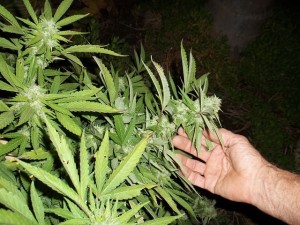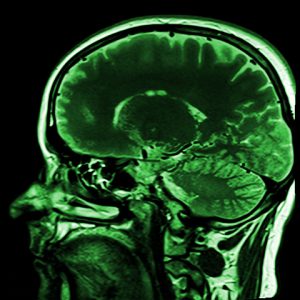As you may already know, cannabis has over 80 cannabinoids. Until recently, THC was the only cannabinoid that mattered to the medical community, until studies on the others were done.
Cannabinol (CBN) comes from cannabigerolic acid (CBGA) in cannabis. The plant naturally produces enzymes that converts the CBGA into three major cannabinoids:
- cannabichromene carboxylic acid (CBCA)
- cannaidiol carboxylic acid
- tetrahydrocannabinol carboxylic acid
When the develops THCA, it is generally converted into THC as a result of heat or UV light. With that in mind, THCA can be converted to CBNA over time as well. When THCA is exposed to air over a long period of time, it loses hydrogen molecules and oxidizes, turning it into CBNA. As with the rest of the acidic cannabinoids, CBNA will convert into cannabinol(CBN) when it is exposed to heat or UV light.
Therapeutic uses of Cannabinol:
- Analgesic: Relieves pain.
- Antibacterial: Slows bacterial growth.
- Anti-Emetic: Reduces vomiting and nausea.
- Anti-Epileptic: Reduces seizures and convulsions.
- Anti-inflammatory: Reduces inflammation systemically.
- Anti-Insomnia: Aids with sleep.
- Anti-Proliferative: Inhibits cancer cell growth.
- Appetite Stimulant: cannabinol appears to be a mild appetite stimulant.
- Bone Stimulant: Promotes bone growth by stimulating osteocytes.
Current ongoing studies:
Analgesic: Both THC and CBN have been identified as pain relievers, but THC is far more powerful. A 2002 study identifies that both THC and CNB can cause a release of certain gene-related peptides from sensory nerves and are the only identified cannabinoids to use this mechanism.
Appetite Stimulant: THC stimulates the appetite, giving users the “munchies” that many people would describe. In was only in 2012, that is was discovered that CBN actually also stimulates the appetite, though this effect appears to be weaker than THC.
Cancer Growth Inhibitor: A 2006 study revealed that CBN joins THC and numerous other cannabinoids in having the ability to control the growth of cancer cells. CBN was specifically found to control a type of lung tumor known as a Lewis carcinoma.



